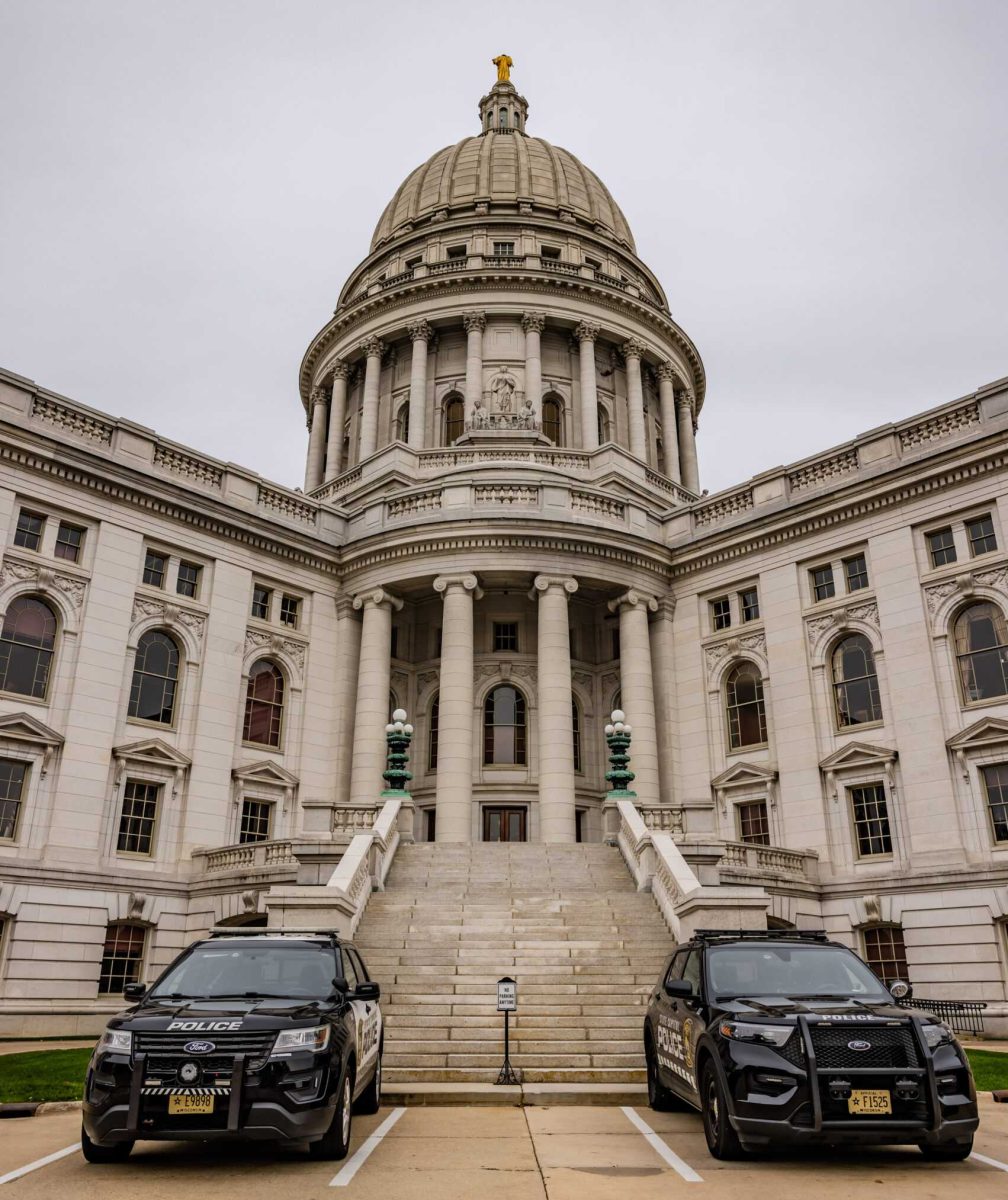WASHINGTON (REUTERS) — U.S. officials, concerned that a public trial of accused Sept. 11 conspirator Zacarias Moussaoui might prove embarrassing or hamper anti-terrorism efforts, are weighing the option of dismissing charges and instead trying the Frenchman before a military tribunal.
A senior Defense Department official and sources familiar with the case said Monday that Pentagon and Justice Department officials have been discussing the option of having Moussaoui face a military tribunal instead of standing trial as planned before a jury in federal court in Virginia.
No decision has been made, but talks have been taking place amid concerns over requests made by Moussaoui and his team of stand-by lawyers who are seeking access to evidence and witnesses viewed by the government as sensitive.
One source familiar with the case said the idea of dropping civilian charges had been debated ever since the defense asked for access to some senior al Qaeda members in U.S. custody.
They include Abu Zubaydah and Ramzi bin al-Shaibah, known as Binalshibh in the West. Zubaydah and Bin al-Shaibah are believed to be the two most senior al Qaeda members captured since the United States launched a war on terrorism to destroy the network it blames for the deadly Sept. 11, 2001 attacks.
Bin al-Shaibah is named as a co-conspirator in the indictment that charges Moussaoui with six counts of conspiracy — four of which carry the death penalty — in the attacks.
Zubaydah, one of Osama bin Laden’s top deputies, and Bin al-Shaibah are being interrogated outside the United States.
Moussaoui, who was arrested in August 2001 on immigration charges, denied involvement in the hijacked airline attacks but admitted to being a member of al Qaeda.
Moussaoui’s trial has been delayed twice and is now due to begin next June.
Moussaoui, who is not an attorney but is acting as his own lawyer, and the court-appointed counsel named to assist him have filed sealed requests to the federal court to get access to Bin al-Shaibah and Zubaydah.
The government, particularly the Defense Department, does not want to permit access and has cited national-security concerns in arguing its point.
The Bush administration last year disclosed that it would consider trying terrorism suspects who are not U.S. citizens in military tribunals rather than in civilian courts. Defendants do not enjoy the same rights in military tribunals as afforded to them in civilian courts.
Moussaoui’s team has argued that the Frenchman of Moroccan descent would be denied his constitutional rights if he is not permitted access to witnesses who may be able to prove his innocence.
Lawyers familiar with the case say District Judge Leonie Brinkema has the option of requiring the government to produce the evidence or the witnesses.
The government could refuse and possibly drop the charges and bring Moussaoui before a military tribunal, the lawyers said. Alternatively, if the government refuses, Brinkema could dismiss the case, and the government could then find a way to make Moussaoui face charges in a military tribunal, the lawyers added.
“Either way, he’s going to face charges,” one lawyer said.
Lawyers familiar with the case shrugged off the possibility that the government would be wary of a public outcry that could result if authorities brought Moussaoui before a military tribunal.
“Who cares about Moussaoui?” another lawyer said.
The Pentagon and Justice Department have been at odds for a while over how best to handle the case. Defense officials, already angry that some classified documents were mistakenly handed over to Moussaoui a few months ago, do not want sensitive information released at a public trial.
Moussaoui’s lawyers said they did not know if the government planned to dismiss civilian charges. Justice Department officials did not answer requests for comment.
Several Justice Department officials, including Michael Chertoff, chief of the department’s Criminal Division, have pushed hard to keep Moussaoui in the civilian court system. They won out initially, but it was unclear if that would change given the requests made for access to people like Bin al-Shaibah.














